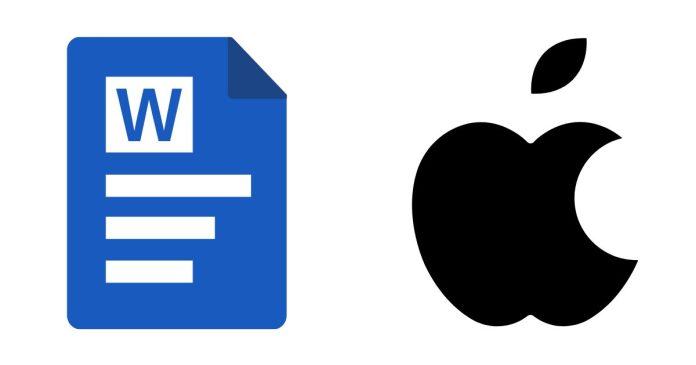The difference between Microsoft Word and Apple lies in their nature and purpose, as they are fundamentally different entities.
Microsoft Word:
- Type: A software application.
- Purpose: A word processing program used for creating, editing, and formatting documents. It is part of the Microsoft Office Suite.
- Compatibility: Works on both Windows and macOS (and also has mobile versions for Android and iOS).
- Functionality:
- Create text documents such as letters, resumes, and reports.
- Offers tools like spell-check, grammar-check, templates, and collaboration features.
- Supports advanced formatting and editing options.
- Manufacturer: Developed by Microsoft Corporation.
Apple:
- Type: A technology company.
- Purpose: Apple Inc. designs and manufactures hardware, software, and services, such as the iPhone, Mac computers, iPad, Apple Watch, and software like macOS and iOS.
- Functionality: Apple provides both hardware and software ecosystems, including productivity apps like Pages (Apple’s word processor), Keynote, and Numbers.
- Manufacturer: Apple is the company itself, with a wide portfolio of products.
Key Difference:
- Microsoft Word is a single application focused on word processing, while Apple is a company that provides a range of devices, operating systems, and software.
- Apple users can install Microsoft Word on their devices, but Apple also offers its own word processing software, Pages.
In summary, Microsoft Word is a program, and Apple is a company.


